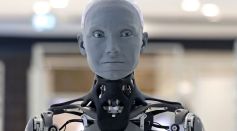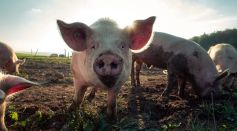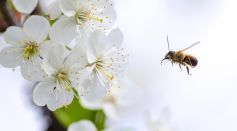TECH & INNOVATION

Robotic Chef Learns To Cook by Watching Videos: Training Enables Replication of Dishes and Creation of New Recipes

Humanoid Robot With Realistic Facial Expressions Startlingly Describes Nightmare Scenario of AI

Has Remote Work and Study Become the Norm Post-COVID?
Artificial Intelligence Has 50% Chance of Wiping Out Humanity If It Continues To Get Smarter, Expert Warns
Efficient Water Electrolyzer With Minimum Metal Usage Helps Reduce the Production Cost of Green Hydrogen

Tips for Using AI to Improve Digital Marketing 2023

Benefits and Limitations of Automated Material Handling over Manual Process

Revolutionizing the Future: Biotech Labs - Overcoming Obstacles and Unlocking Opportunities

Hospital Evolution: Autonomous Surgical Robots, 3D Organs, Smart Toilet That Detects Diseases, More Are Now Available

Top 5 Business Ideas Incorporating Nanotechnology

How to Start a Profitable Hosting Business from Scratch?

7 Breaking Stereotypes: Inspiring Stories of Women in STEM Education

Is Pig Fat Used as Jet Fuel Good for the Environment? New Research Warns It Might Cause More Harm Than Good

Robotic Bee? This Novel Four-Winged Robot Can Fully Fly in All Directions
Most Popular

Why the Human Brain Fears the Unknown: Science Behind Anxiety and Uncertainty

Dream Science Meets Neuroscience: HowDream Engineering and Targeted Sleep Stimuli Unlock Creative Cognition

The Gut Microbiome's Hidden Allies: New Bacteria Linked to Better Health and Well-Being

Coral Bleaching Crisis: Ocean Heatwaves Devastate Reefs and Marine Biodiversity





